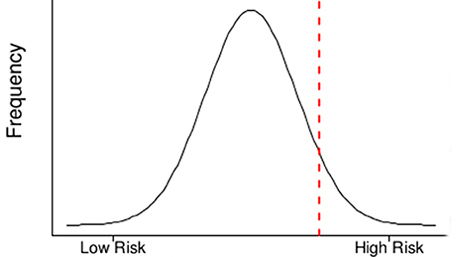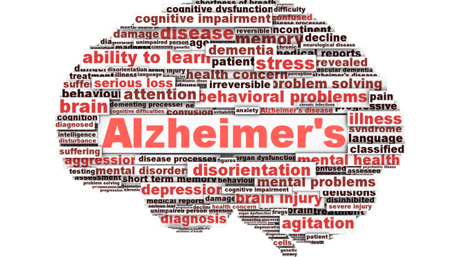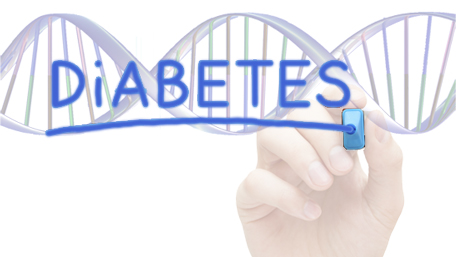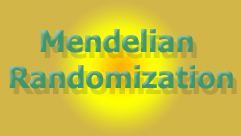
07/29/2020
Hot Topics of the Day are picked by experts to capture the latest information and publications on public health genomics and precision health for various diseases and health topics. Sources include published scientific literature, reviews, blogs and popular press articles.
Sign up MyPHGKB to receive the daily hot topic email alert.
Archived Hot Topics of the Day By Date
Risk Factors for COVID-19-associated hospitalization: COVID-19-Associated Hospitalization Surveillance Network and Behavioral Risk Factor Surveillance System
JY KO et al, MEDRXIV, July 29, 2020
High-throughput SARS-CoV-2 and host genome sequencing from single nasopharyngeal swabs
JE Gorzynski et al, MEDRXIV, July 29, 2020
COVID-19 and School Closures
JM Donohue et al, JAMA, July 29, 2020
Association of COVID-19 inflammation with activation of the C5a–C5aR1 axis
J Carvelli et al, Nature, July 29, 2020
NIH Launches Platform to Serve as Depository for COVID-19 Medical Data
R Rubin, JAMA, July 28, 2020
Evolutionary origins of the SARS-CoV-2 sarbecovirus lineage responsible for the COVID-19 pandemic
MF Boni, Nat Microbiology, July 28, 2020
Tutorial: a guide to performing polygenic risk score analyses
SW Choi et al, Nature Protocols, July 24, 2020
Discriminative Accuracy of Plasma Phospho-tau217 for Alzheimer Disease vs Other Neurodegenerative Disorders
S Palmqvist et al, JAMA Neurology, July 28 2020
Obesity, clinical, and genetic predictors for glycemic progression in Chinese patients with type 2 diabetes: A cohort study using the Hong Kong Diabetes Register and Hong Kong Diabetes Biobank
G Jiang et al, PLOS Medicine, July 28, 2020
Smoking, alcohol consumption, and cancer: A mendelian randomisation study in UK Biobank and international genetic consortia participants.
Larsson Susanna C et al. PLoS medicine 2020 Jul (7) e1003178
Disclaimer: Articles listed in Hot Topics of the Day are selected by Public Health Genomics Branch to provide current awareness of the scientific literature and news. Inclusion in the update does not necessarily represent the views of the Centers for Disease Control and Prevention nor does it imply endorsement of the article's methods or findings. CDC and DHHS assume no responsibility for the factual accuracy of the items presented. The selection, omission, or content of items does not imply any endorsement or other position taken by CDC or DHHS. Opinion, findings and conclusions expressed by the original authors of items included in the Clips, or persons quoted therein, are strictly their own and are in no way meant to represent the opinion or views of CDC or DHHS. References to publications, news sources, and non-CDC Websites are provided solely for informational purposes and do not imply endorsement by CDC or DHHS.
- Page last reviewed:Feb 1, 2024
- Page last updated:May 09, 2024
- Content source:






